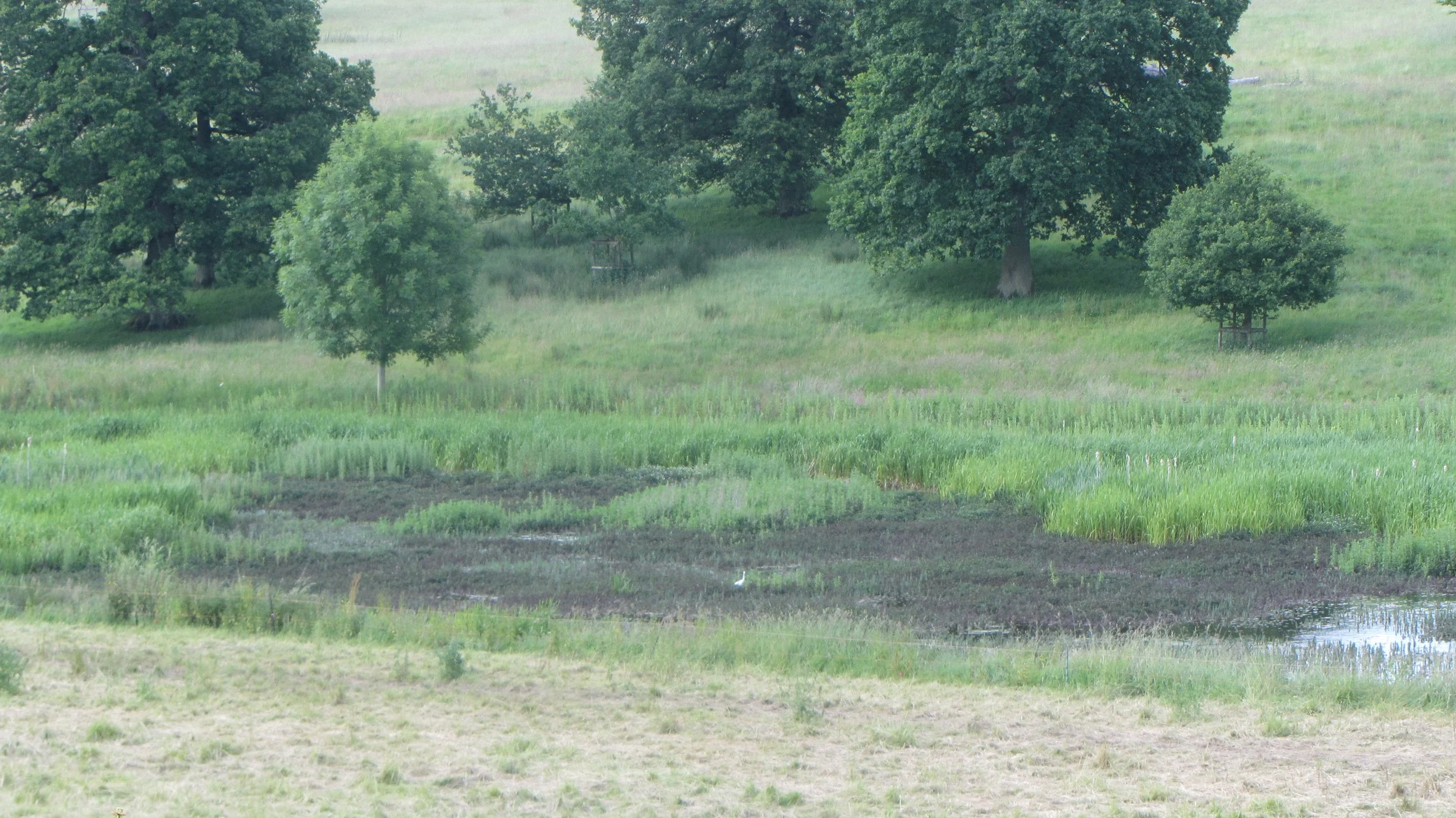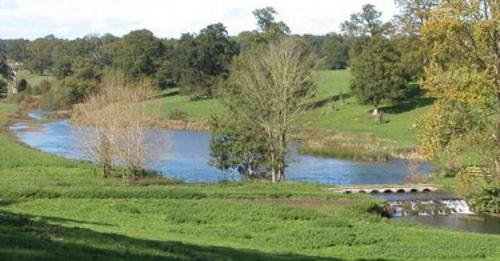‘Now the National Trust is wrecking the Cotswolds’
The Sherborne Broadwaters have been neglected for many years and are overgrown. Now the National Trust is in the process of replacing the farms on the estate with a country park.
Ysenda Maxtone Graham asks, ‘Do we really need another rewilded estate?’
Residents of Sherborne in Gloucestershire have long been unhappy about the neglect of the 18th-century designed landscape and the once-picturesque Sherborne Brook. Now the National Trust has removed the farmers from the estate, the cottages lie empty and there are plans afoot:
‘In the enchanting and peaceful Cotswold village of Sherborne, meanwhile, residents have been thrown into a state of dread, because the National Trust, which owns the land around it, has announced its plans to open something called ‘Sherborne Big Nature Big Access’.
So here, you can come and gawp at the site on which future coach loads will soon be disgorged: next to fields on which paths for mountain biking and three visitor ‘hubs’ that will be built to ‘serve a variety of visitor needs’.
The Sherborne Broadwaters when the landscape was still being maintained.
The literature for this plan, drawn up by National Trust marketing staff, who spout buzz words, is guff: ‘A place that is playing its part in the climate response. Where communities are contributing and benefitting from change. Where everyone feels welcome and can help to care for this special place… We are working with our partners and neighbours to deliver landscape-wide change.’
Meanwhile, in its ‘rewilding’ and ‘low carbon’ drive, the NT is refusing to dredge the estate’s lake, so it has turned from clear into a brown swamp. Rather than getting on with the unglamorous tasks they’re meant to be doing (looking after the estate bequeathed to them for the nation), they want to ‘reimagine’ it, aiming to siphon off the Bourton crowds and introduce them to the joys of the rewilded countryside. Let’s hope the Bourton crowds say ‘no, thank you,’ to this invitation.’



